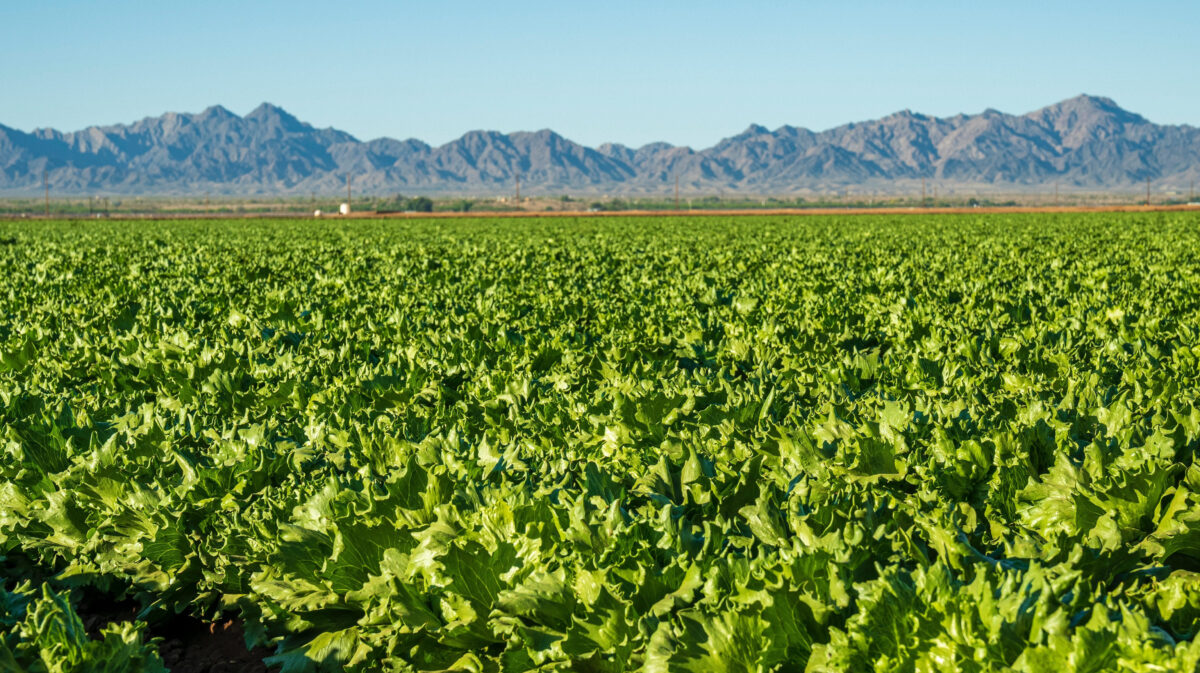Keeping Your Food and Families Safe
TOPICS
Food SafetyGuest Author
Special Contributor to FB.org

photo credit: Mark Stebnicki, Used with Permission
Guest Author
Special Contributor to FB.org
By Dr. Sarah Ison @beefdrsarah
Information and guidance regarding COVID-19 is continually evolving. Although this can be frustrating and confusing, especially when recommendations change or are expanded, we can expect these changes with anything that is new or unknown.
The good news is that when it comes to this virus, the risk of contracting it through fresh or prepared food is low to none when following proper food safety and public health practices. If we look at past data and investigations of previous coronavirus outbreaks, such as MERS and SARS, the World Health Organization determined that there was no disease transmission through food.
Consumers can rest assured that fresh fruits and vegetables purchased at the grocery store or from the local farmers’ market are safe.
My family’s ranch raises meat shipped directly to families across the United States, and we have implemented social distancing practices in all areas of our business. Local customers are asked to pre-order and remain in their cars during pick-up. We wear personal protective equipment, including masks and gloves, and provide access to proper hand-washing stations, in order to protect our family, our workers and our customers.
Keep in mind that gloves and masks alone will not prevent you from contracting COVID-19. You must implement the correct practices even with this gear to stop cross-contamination. In fact, if you are not used to properly wearing gloves, they can create a false sense of security and lead to unintentional cross-contamination. Remember: wearing gloves does not replace the need to wash your hands properly.
When we need to travel off the farm, we take time to plan and ensure that anyone we work with who brings food to families takes the same care and precautions. For example, our dry-ice supplier now leaves my order on the loading dock, and I load it myself. Our local feed store has call-ahead options that allow us to stay fully in our vehicles and limit direct contact. Commercial shipping carriers, like UPS and FedEx, pick up meat boxes from the ranch store porch and we limit the number of customers allowed inside the store for drop offs.
Consumers can rest assured that fresh fruits and vegetables purchased at the grocery store or from the local farmers’ market are safe. There is no need to implement extra steps in washing your produce, especially with soap or detergents that are not labeled for human consumption and can cause adverse side effects. The best at-home food safety practices are simple: rinse produce immediately prior to eating or cooking and wash your hands properly prior to preparing or eating food. Also, families and business alike must continue to sanitize high-contact surfaces, such as handles, doorknobs and counters, to reduce the risk of exposure.
Keeping your hands clean in the kitchen is the most important step you can take to stop the spread of germs and COVID-19.
There are still many unknowns surrounding COVID-19, but we can work with what we do know. We can all do our part to stop the spread through social distancing and good public health practices. That’s just what farms like mine around this country are doing every day to ensure we can continue to keep the food supply strong.
For more information and to stay updated on best practices visit the Centers for Disease Control and Prevention’s coronavirus (COVID-19) resource page.
Dr. Sarah Ison is a participant in AFBF’s Partners in Advocacy Leadership Program, and beef producer with her family in Ohio. She holds a doctorate in food safety and epidemiology.
Top Issues
VIEW ALL